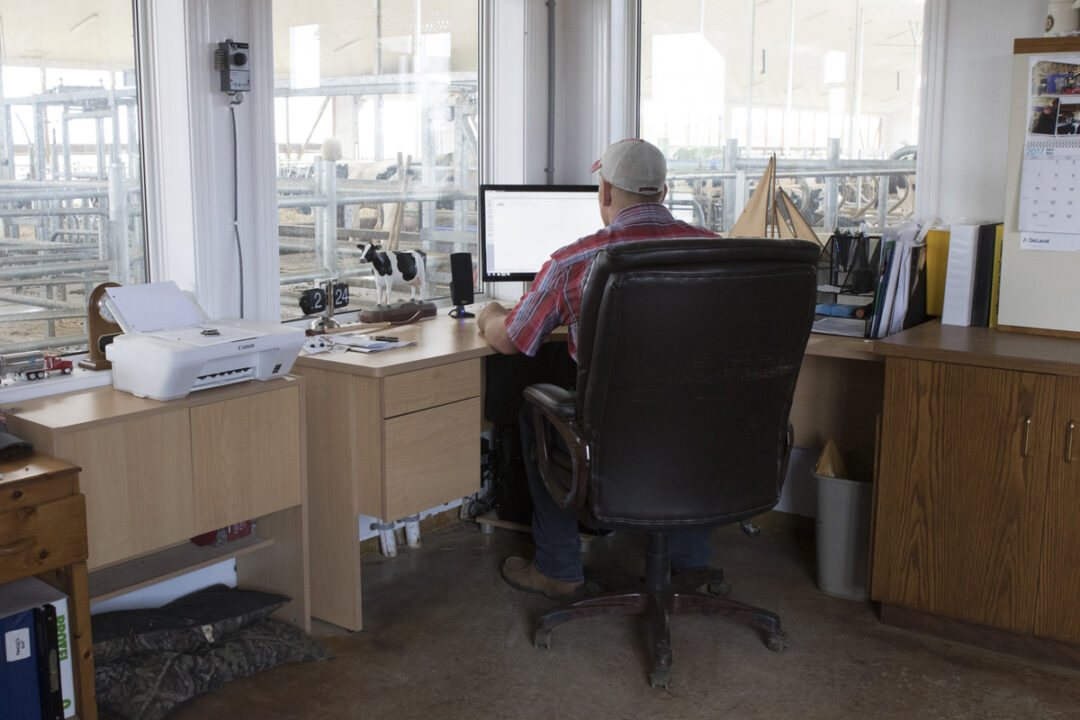In January, I had the delight of watching a group of 20 farm employees and managers racing against the clock to change race car tires in Bob Parker’s “Pit Crew Challenge.” Parker uses a race car driven onto a “taped-off” pit on the floor of a shop to help workers understand what it takes to build a healthy workplace culture.
The two former race car drivers who lead the challenge smile as they see people forgetting to count out loud as they tighten the wheel nuts. The ego and adrenaline kick in and people drop the tire jack or trip on air gun hoses when they forget to recall the instructions and don’t listen to other team members' directions.
Listening well is an intentional skill. I often get complaints from people that their voice is not being heard and communication is poor.
Are you willing to get better at listening?
Do you speak directly and loudly enough to ensure you are heard? One tip is to have the receiver of your message respond by paraphrasing your message back to you.
Do you see the whites of the eyeballs of the other person as you are talking? Eye contact is not a skill everyone uses. It is very helpful to look at eyes – “eyes are the window to the soul.” You can pick up many cues by looking people in the eye.
Parker speaks about having the right context. Don’t make assumptions. Double-check what you are hearing and put it in your own words. “Did you mean to say...” “Tell me in a different way; I still don’t understand what you want me to do.” Keep asking and listening until you have clarity of expectations.
Empathy is a respectful understanding of what others are experiencing. Are you empathetic, or could you not care less?
Put the cell phone in your pocket. Talking with someone and texting at the same time is not helpful. Focus on delivering a clear message. Multitasking splits your brain in two different directions and will not save you time. Focus on one thing and then execute.
It is assumed many farmers are suffering hearing loss as they don’t wear ear protection on noisy machines and are too stubborn to have hearing aids. If you are hard of hearing, let the listener know. Let them be able to help you hear the conversation better. My dad was deaf in his left ear, and we always knew we needed to be on his right side to have better communication results.
Dr. Marshall Rosenberg’s book Nonviolent Communication: A Language of Life has great insights on how to receive with empathy, which is his code for good listening. Rosenberg says, “Empathy occurs only when we have successfully shed all preconceived ideas and judgments about them.” I challenge you to spread your hand wide open across your face right now. This is symbolic of a conflict filter you are holding toward another farm team member. Those preconceived notions of anger, mistrust, disgust or other conflict keep you from really hearing what the other person is thinking, feeling, needing or wanting.
Rosenberg says, “No matter what others say, we only hear what they are observing, feeling, needing and requesting.”
Try this week to listen with empathy and ask the other person, "What is it you are needing at this moment?" Just practicing one new piece of language can make a huge difference.
I recall the young farmer/carpenter who told me he was going to make a plaque for his kitchen that read, “Love does not read minds.” We make assumptions about others. Listening to what people are needing rather than what they are thinking is powerful.
Check out the messages you are receiving. Reflecting a message back to the other party gives them time to reflect on what they have said and a chance to delve deeper. You might use words like, “Are you reacting to what happened in the shop today?” “Are you feeling hurt because you would have liked more appreciation than you got for keeping the books up to date?” “Are you wanting me to tell you my reasons for saying what I did?”
Rosenberg recommends to first express our own feelings and needs before asking for information. I also find better listening occurs when you check in first to ask the person if they are in the middle of something and if this is a good time to talk.
There is a saying: Be kind to everyone you meet; you have no idea what battles they are facing.
Rosenberg suggests a speaker has received adequate empathy when we sense a release of tension, or the flow of words comes to a halt. A useful phrase to ask is, “Is there more you wanted to say, or is there anything else?”
Once you allow others to fully express themselves, then you can start working on creating solutions.
In 2022, my word for the year was “listen.” I hope a few of the phrases in this article will help you connect at a deeper level with your family. When communication goes well, express your appreciation. We can all work to fill the emotional bank accounts of our families with better listening.








